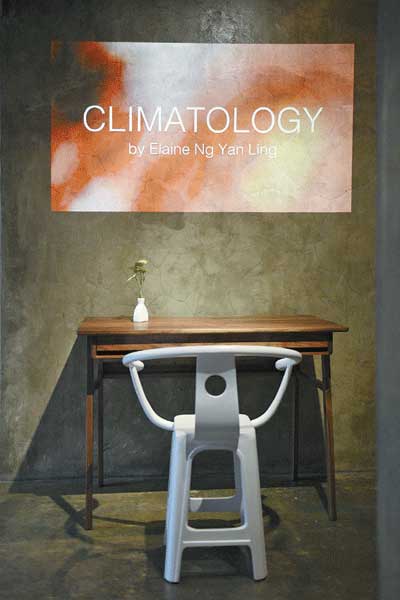Subtle statements right on trend
 |
|
Photo by Wei Xiaohao / China Daily |
"They want to feel special. They don't want to be seen as just the nouveau riche. They want to show that they have taste," says Shao, 34, who came back to China in 2010 after moving to Paris as a teenager.
"And having taste means, I don't want to have the same thing as you. I don't want to go out and see on everyone else what I've bought."
In its China Luxury Study last year, consulting firm Bain & Company highlighted Chinese consumers' growing preference for distinct, understated brands. This was especially apparent, it said, in the more sophisticated and younger generation of consumers in Beijing and Shanghai.
To find his store's merchandise, Shao says he and his buyer visit designer showrooms in Europe, as well as attend the fashion weeks in Paris, Tokyo, Seoul and Bangkok. Besides Pugh and Scott, the store also features the labels Veronique Branquinho (Belgium), Alexis Mabille (France) and E Tautz (UK).
Concept stores, as curated, multi-brand boutiques like S.T.A.R.S. are called, have become a staple in the fashion landscape of more mature markets like Western Europe and North America. Their clientele includes celebrities, stylists, socialites and other people who normally set fashion trends.
Since these stores have a more limited inventory than large-scale retailers, they're able to change products and collections much faster, "keeping their items fresh and allowing them to nimbly react to consumer demand", says Emma Li, research lead at L2, a New York think tank that helps leading fashion brands with digital marketing.
















